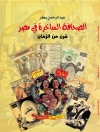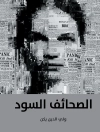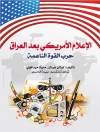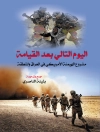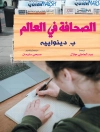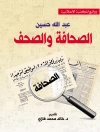Journalism does not create democracy and democracy does not invent journalism, but what is the relationship between them? This question is at the heart of this book by world renowned sociologist and media scholar Michael Schudson.
Focusing on the U.S. media but seeing them in a comparative context, Schudson brings his understanding of news as at once a story-telling and fact-centered practice to bear on a variety of controversies about what public knowledge today is and what it should be. Should experts have a role in governing democracies? Is news melodramatic or is it ironic – or is it both at different times?
In the title essay, Schudson even suggests that journalism serves the interests of free expression and democracy best when it least lives up to the demands of media critics for deep thought and analysis; passion for the sensational event may be news at its democratically most powerful.
Lively, provocative, unconventional, and deeply informed by a rich understanding of journalism’s history, this work collects the best of Schudson’s recent writings, including several pieces published here for the first time.
İçerik tablosu
Acknowledgements vi
1 Introduction: facts and democracy 1
2 Six or seven things news can do for democracy 11
3 The US model of journalism: exception or exemplar? 27
4 The invention of the American newspaper as popular art,
1890-1930 40
5 Why democracies need an unlovable press 50
6 The concept of politics in contemporary US journalism 63
7 What’s unusual about covering politics as usual 77
8 The anarchy of events and the anxiety of story telling 88
9 Why conversation is not the soul of democracy 94
10 The trouble with experts – and why democracies need
them 108
Notes 126
Index 141
Yazar hakkında
Michael Schudson is Distinguished Professor in the Department of Communication at the University of California, San Diego, and Professor of Communication at the Graduate School of Journalism, Columbia University.


